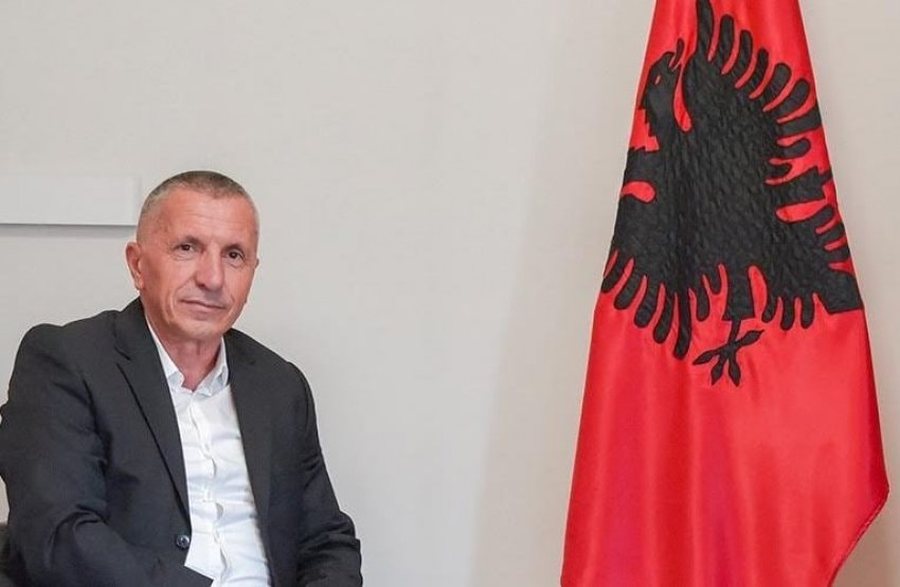
Shaip Kamberi, the sole representative of Albanians in the Serbian Parliament, announced on Monday that he, along with two other deputies from the Bosniak community in Serbia, have sued the Speaker of the Serbian Parliament, Ana Brnabić, for "inciting ethnic, religious and racial hatred."
In a post on his Facebook account, Kamberi accused Brnabiqi of using such language during a press conference on July 30, following the protests in Novi Pazar a few days ago.
"In her capacity as the Speaker of the Parliament of the Republic of Serbia, Ms. Ana Brnabić, at a press conference, in the heart of state institutions, used language that cannot be called anything other than incitement to religious and racial hatred. She stated: 'then we heard cries of Allahu Akbar and other disgusting things,'" Kamberi said.
He emphasized that this was the reason why he, along with his fellow MPs, Ahmedin Shkrijel and Minela Kalender, filed a criminal complaint against Brnabić for "inciting ethnic, religious and racial hatred."
“[This] sentence is neither a slip of the tongue nor a misinterpretation. It is a sentence that stigmatizes the Islamic religion, the identity of Muslim Albanians and other communities that share the same faith, by conflating and associating them with the ‘disgusting’, the ‘danger’, the ‘foreigner’ within a state that has not yet recovered from the trauma of the aggressive nationalism of the 1990s,” he wrote.
More than 60,000 Albanians live in Serbia, making up the fourth largest minority there, according to the last population census in 2022.
The majority of Albanians in Serbia belong to the Islamic faith, according to the latest census.
Kamberi insisted that this action "is not political revenge, it is not sensationalism, it is a call for justice."
In international reports, the Presevo Valley – a term used for Presevo, Medvedja and Bujanovac, municipalities inhabited by an Albanian majority in southern Serbia – is considered completely isolated and is said to receive attention only during election times.
Albanians in Serbia complain that the authorities there do not recognize their Kosovo diplomats, they demand integration into Serbian state institutions, permission to use Albanian national symbols, and a resolution to the issue of the passivation of addresses.
Serbian officials have denied the allegations.
Deregistration means erasing citizens from their registered addresses. This step results in the loss of Serbian citizenship, and consequently all civil rights – including the right to vote, own property, have health insurance and a pension, and be employed.
Address verification has been a legal requirement in Serbia since 2011. The law requires institutions to conduct checks to determine whether a resident lives at the registered address. REL (A2 Televizion)











